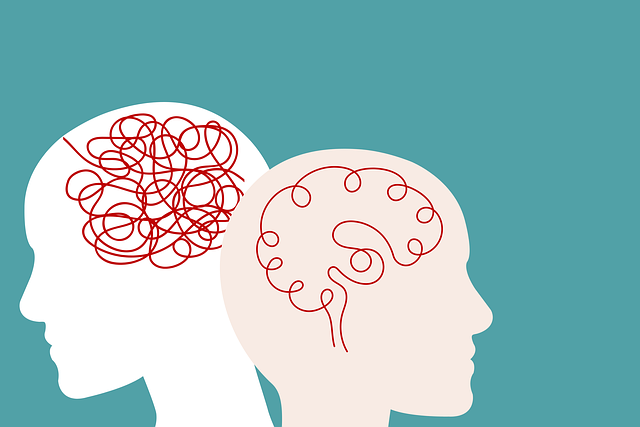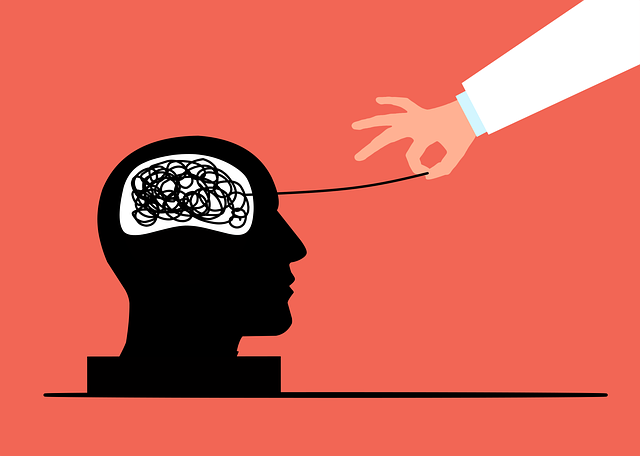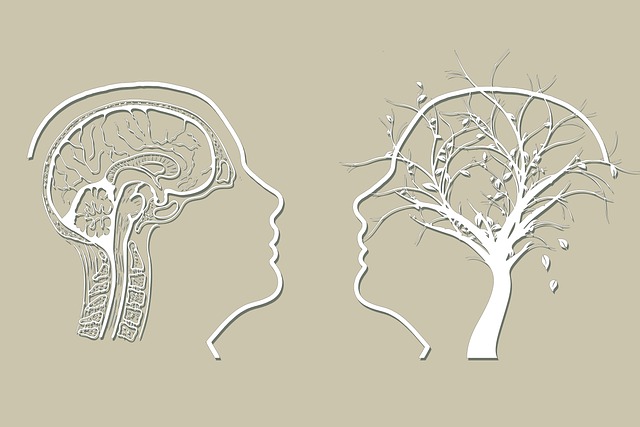Lakewood Oppositional Defiance Disorder (ODD) Therapy employs evidence-based techniques and Mind Over Matter principles to address core symptoms, identify root causes like low self-esteem or emotional regulation difficulties, and equip individuals with healthier coping strategies. This holistic approach enhances self-esteem, teaches emotional regulation, improves communication, and builds empathy, leading to better relationships and overall well-being. Integrated into daily life, these strategies empower people with ODD to manage symptoms, improve functioning, and lead more fulfilling lives.
Coping skills development is a crucial aspect of managing Oppositional Defiance Disorder (ODD) in children and teens. ODD, characterized by persistent arguments with authority figures and active defiance, can significantly impact a young person’s life. This article explores effective strategies to address ODD, emphasizing the role of therapy, particularly the Lakewood approach. We also provide insights for parents and caregivers on building coping skills and offers practical tips to support their child’s development in navigating this challenging disorder.
- Understanding Oppositional Defiance Disorder (ODD) in Children and Teens
- The Role of Therapy in ODD Treatment: A Lakewood Approach
- Building Effective Coping Skills for Managing ODD Behaviors
- Strategies for Parents and Caregivers to Support Coping Skills Development
Understanding Oppositional Defiance Disorder (ODD) in Children and Teens

Oppositional Defiance Disorder (ODD) is a behavioral condition characterized by consistent and persistent opposition and defiant behavior towards authority figures. This can manifest as frequent arguments, active defiance, and an unwillingness to comply with rules or requests from parents, teachers, or other adults. In Lakewood, Oppositional Defiance Disorder therapy focuses on identifying the underlying causes of these behaviors, which may include issues like low self-esteem, difficulty with emotional regulation, or unmet needs for attention.
The Mind Over Matter principles can be a powerful tool in ODD treatment, helping children and teens develop healthier coping strategies. By improving self-esteem and teaching effective emotional regulation techniques, therapy empowers individuals to manage their reactions more constructively. This, in turn, fosters better relationships with others and enhances overall well-being, offering a holistic approach to addressing Oppositional Defiance Disorder in Lakewood.
The Role of Therapy in ODD Treatment: A Lakewood Approach

In the context of Lakewood Oppositional Defiance Disorder (ODD) Therapy, therapeutic intervention plays a pivotal role in addressing and managing the condition’s core symptoms. This approach, often tailored to the unique needs of individuals struggling with ODD, aims to foster emotional healing processes and encourage positive behavioral changes. Through a combination of evidence-based techniques, therapists facilitate empathy building strategies, equipping both clients and their families with the tools necessary to navigate challenges effectively.
The Lakewood method emphasizes understanding and managing intense emotions, which are common in individuals with ODD. By promoting open communication and safe emotional expression, therapy creates a supportive environment where individuals can learn to regulate their feelings. This process, integrated into daily life, enhances mental health awareness and promotes long-lasting coping skills, ultimately empowering those affected by ODD to lead more fulfilling lives.
Building Effective Coping Skills for Managing ODD Behaviors

Developing effective coping skills is a cornerstone in managing Oppositional Defiant Disorder (ODD) behaviors, especially within the context of Lakewood Oppositional Defiance Disorder Therapy. ODD often presents as persistent defiant attitudes and aggressive behavior, making it imperative to equip individuals with adaptive strategies for emotional regulation. Through structured therapy sessions, patients learn to identify and express their feelings healthily, a fundamental step in mitigating outbursts and promoting positive interactions.
The Community Outreach Program Implementation plays a crucial role in fostering resilience building among individuals struggling with ODD. Educational workshops and support groups facilitate emotional well-being promotion techniques, empowering participants to navigate challenging situations with enhanced coping abilities. By integrating these strategies into daily life, individuals can improve their overall functioning, strengthen relationships, and develop a sense of control over their behaviors, ultimately leading to more harmonious environments both at home and in school settings.
Strategies for Parents and Caregivers to Support Coping Skills Development

Supporting a child’s coping skills development is an essential aspect of their overall well-being, especially for those dealing with oppositional defiance disorder (ODD). Parents and caregivers play a crucial role in fostering healthy coping mechanisms that can help children manage their emotions effectively. One effective strategy is to encourage and model mindfulness meditation practices at home. By incorporating moments of silence and awareness into the family routine, children learn to recognize and regulate their feelings, a skill that is particularly beneficial for ODD symptoms.
Additionally, helping children establish a consistent self-care routine can significantly enhance their ability to cope with challenges. This might include simple yet powerful practices such as regular exercise, keeping a gratitude journal, or engaging in creative outlets like art or music. By teaching them these self-soothing techniques, parents empower their children to navigate difficult emotions and behaviors, ultimately improving their resilience and overall mental health, even when facing disorders like ODD.
Coping skills development is a vital aspect of treating Oppositional Defiance Disorder (ODD) in children and teens. By understanding ODD and employing tailored therapy approaches, such as those offered by Lakewood Oppositional Defiance Disorder Therapy, parents and caregivers can significantly support their child’s journey to managing challenging behaviors. Building effective coping strategies equips individuals with the tools to navigate conflicts, improve emotional regulation, and foster healthier interactions, ultimately enhancing their overall well-being. With dedicated practices and a supportive environment, it is possible to revolutionize the way ODD is managed, creating a more positive and harmonious lifestyle for those affected.














